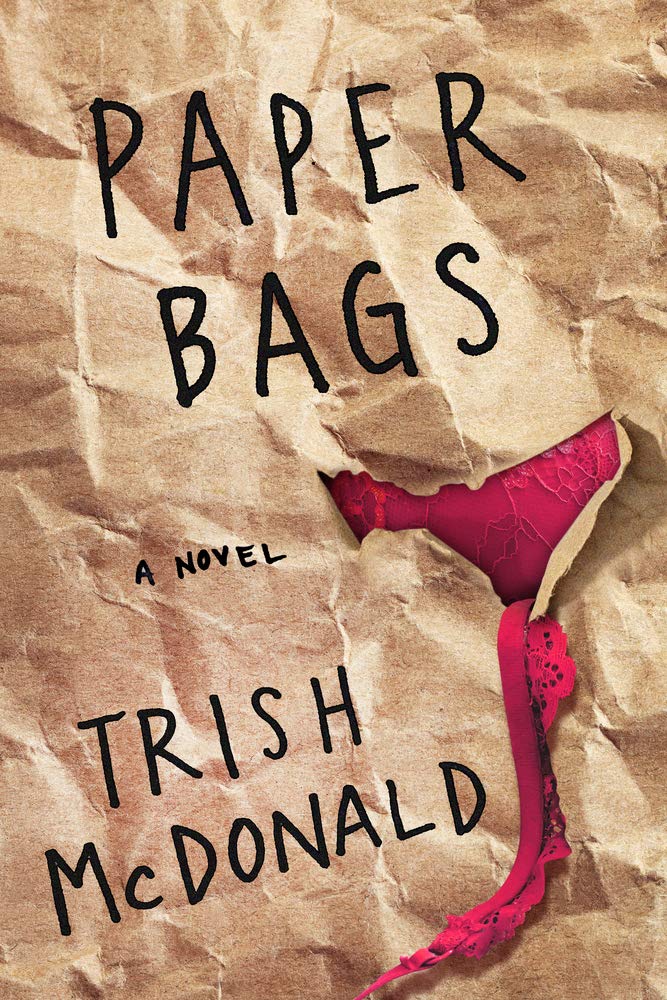Trish McDonald’s Paper Bags is aptly titled. The text gradually unpacks the effects of deep-rooted wounds, measured suffering collected through complacency and the exploration of the self. As her marriage falls apart, we follow Katherine or, Kat, as she chews over the circumstances that might have led to this point in her life; the contorted love of a mother and father, bonds between kin, the depletion of love between partners.
The entirety of our lives, we carry with us both the affection we have received and the affection we never did. We see these different versions of love that can exist in a single lifetime. As McDonald says, “How far will I have to go to find love and feel safe?… This is the only story worth telling.”
The book contains glimmers of loving oneself. A war-torn battle between spreading your love too thin and leaving enough for yourself after the fall out. Wanting to be loved for the person you are, even when you don’t know who that is yet. Learning to love someone else as they are; the way you have always wanted to be loved yourself. McDonald asserts early on in the novel, “Maybe one day I’ll love and be loved for who I am. When that love comes, I won’t know it as love because it will look like nothing I’ve ever seen.” A foreshadowing of events to come, Kate searches for her idea of security and finds part of her self-worth through the means of supporting another through their own journey of self-love and self-acceptance.
There is the learned tendency of black and white thinking and the cause it can harm throughout a lifetime. Kat is able to learn a tolerance that was never shown to her and through this tolerance and the ability to reform, our protagonist is allowed to voyage into an unknown territory of unbridled emotion and unconditional acceptance. Paper Bags is an ode to the journey of love and self-discovery.


